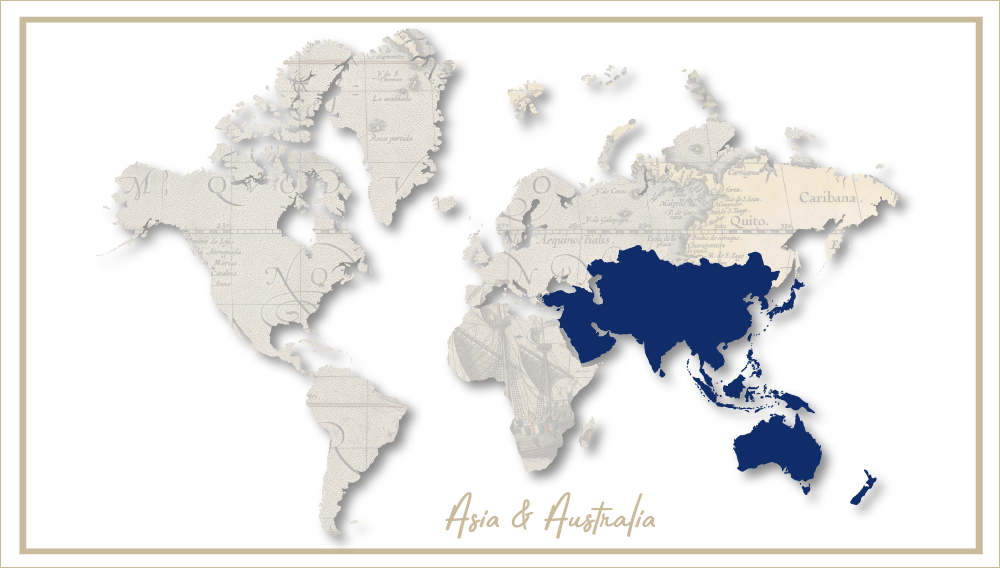Restructure for Coca-Cola Amatil
Alison Watkins, the new Group Managing Director of Coca-Cola Amatil (CCA) is not to be envied her task at hand: turning CCA around. Nothing less will do. CCA’s stock is down over 40 percent since May last year, reducing the soft drink-to alcohol-producer’s market value to AUD 7.3 billion (EUR 4.9 billion).
According to broker CIMB, CCA is now the world's cheapest listed Coke bottler.
To make matters worse, first half group earnings (end of June 2014) are expected to decline by around 15 percent.
That’s why it came as no surprise that she has begun her reign at CCA with a reorganisation. It was announced on 12 May 2014 that Ms Watkins has split CCA's non-alcoholic beverages and licensed and alcoholic beverages divisions in two.
As of June this year, the Australian non-alcoholic beverages business and the licensed and alcohol business units will report separately to Ms Watkins, who took the helm from Managing Director Terry Davis in February, when he retired after 13 years as CCA’s Chief Executive.
The restructure left no suitable role for John Murphy, who was Managing Director Australian Beverages, and he plans to step down at the end of June. Mr Murphy, who previously ran Foster's Carlton & United Beverages business, oversaw CCA's entry into the beer market in 2010 and its return to that market late last year.
Many think that the reorganisation of CCA was on the cards from early 2014 when CCA realised that the soft drink business was not going well. Therefore, CCA has prioritised the revival of its struggling carbonated soft drinks business but that will not be at the expense of developing growth businesses including alcohol, Ms Watkins assured investors.
Analysts said the latest changes indicate Ms Watkins is keen to strengthen CCA's relationship and alignment with the Coca-Cola Company, which owns about 30 percent of the bottler. This relationship has been tested in the past few years by weakening volumes and CCA's diversification away from soft drinks into beer and spirits.
People familiar with CCA have said that CCA should get into alcohol “properly” i.e. in a bigger way, or stay out. Remaining at the edge, as appears to be happening at present, will not be advantageous in the long-term, even given the good margins associated with alcohol in Australia.
Unsurprisingly, CCA’s present woes have sparked speculation that CCA could be a takeover target soon. Vague rumours that the Kirin-owned brewer Lion may be interested have been around - on and off - for some time. Observers say there would be no anti-trust concerns in this case as CCA's current commitment to alcohol is relatively minor. However, all this deal speculation rests on the assumption that the Coca-Cola Company will be willing to move its affiliations, which is not very likely.
In the meantime, CCA’s Bluetongue brewery at Warnervale has closed quietly with about 70 odd redundancies.

